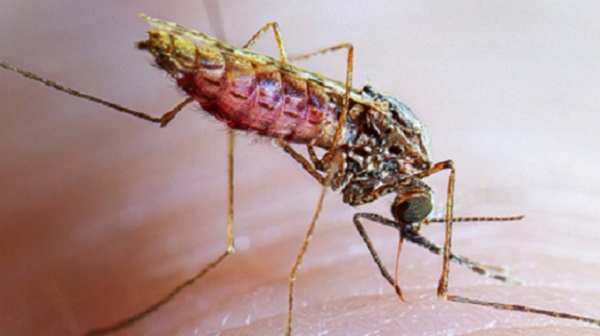New Delhi – A major global modeling study has delivered a stark warning: India is projected to bear the heaviest long-term health and economic burden from the mosquito-borne chikungunya virus worldwide. The research, published in BMJ Global Health, estimates that millions of Indians are at risk of infection every year, with chronic disability posing the biggest public health threat.
The study, conducted by researchers from the London School of Hygiene & Tropical Medicine, Nagasaki University, and the International Vaccine Institute, is the most comprehensive mapping of chikungunya risk to date. It uses machine learning to combine existing infection data with factors like mosquito presence and climatic conditions, suggesting previous estimates that relied only on outbreak reports may have significantly underestimated the true burden.
The primary concern highlighted by the study is the long-term, disabling impact of the virus. While the acute phase of chikungunya is characterized by high fever and severe joint pain, the analysis shows that chronic health issues account for more than half (54%) of the global disease burden.
- Long-Term Disability: Existing evidence suggests that around 50% of people infected with the chikungunya virus may be left with a long-term disability, primarily chronic joint pain and arthritis, which can persist for months or even years.
- High-Risk Population: The burden of chronic illness disproportionately affects the 40 to 60-year-old population, potentially impacting a key demographic for the nation’s productivity. Conversely, children under 10 and adults over 80 face the highest risk of acute, severe illness and mortality.
The modeling results place India at the top of the list for long-term impact, ahead of Brazil and Indonesia.
- Annual Risk: The study predicts that 5.1 million people in India could be at risk of infection each year based on current transmission patterns.
- Worst-Case Scenario: If the virus spreads to new, at-risk regions, this annual number could surge to 12.1 million in India alone.
- Global Share: India and Brazil together are projected to account for a massive 48% of the global impact of chikungunya on healthcare systems and individuals.



